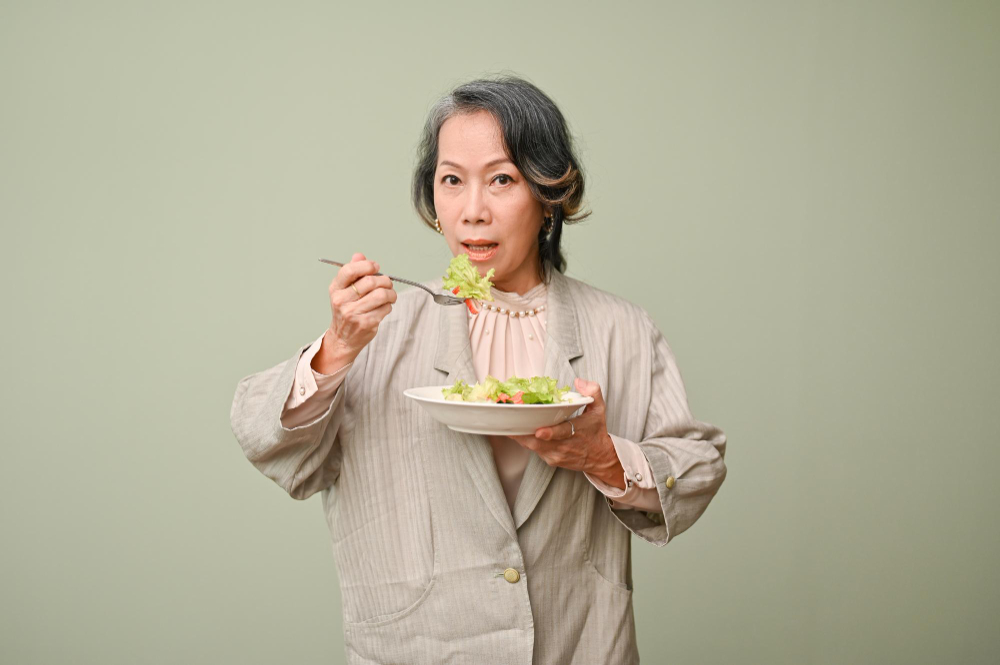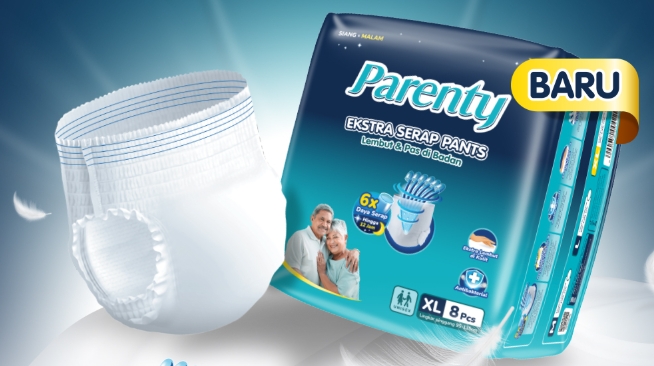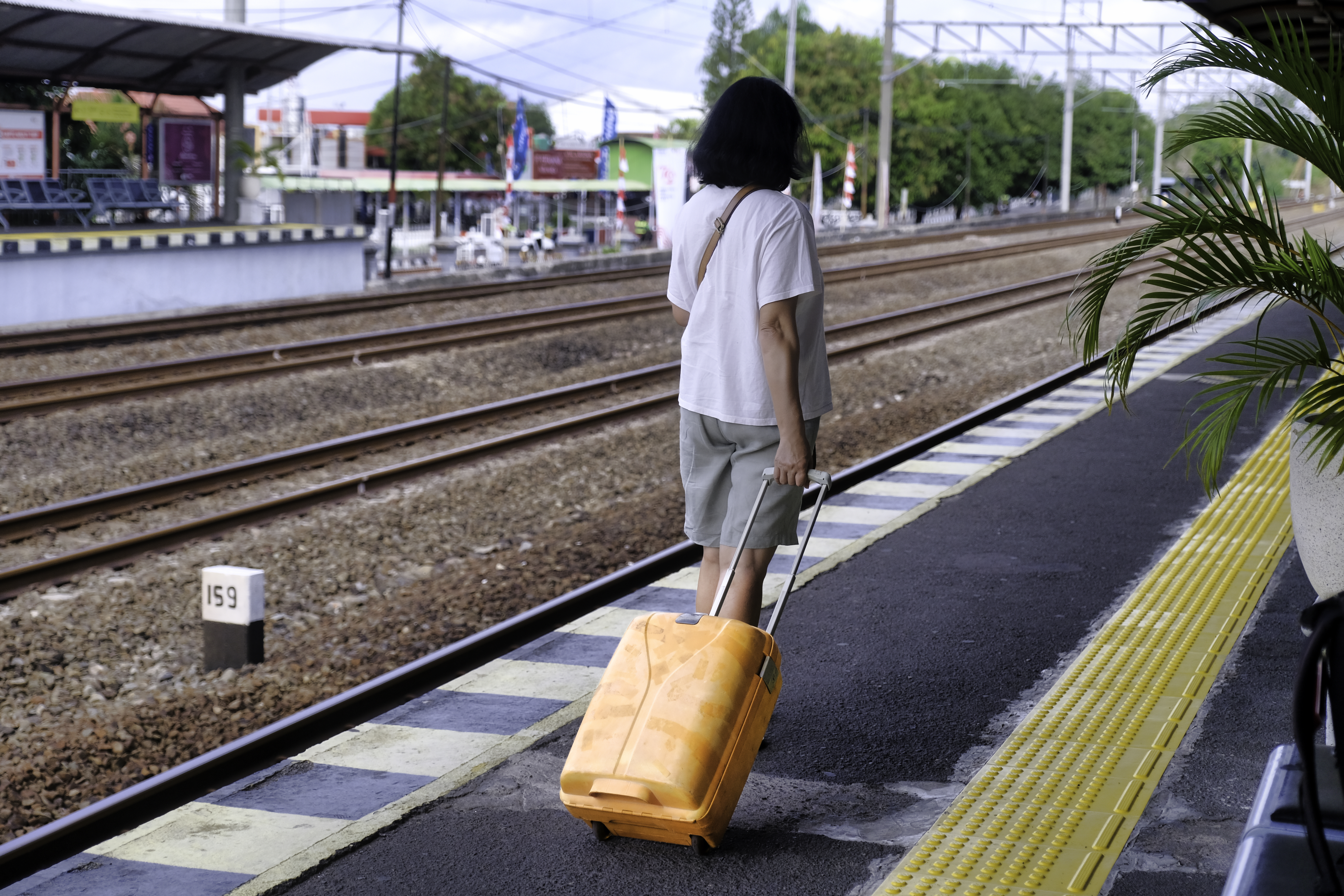During the month of Ramadan, all Muslims are required to fast for 30 days. Although the body must endure hunger and thirst for more than 12 hours, we still have to maintain our health during fasting. Especially for the elderly who want to fast. Of course, it must be under supervision so as not to interfere with health.
Are the Elderly Required to Fast?
The decision to fast in the elderly can be influenced by various factors, including health conditions and physical limitations that the individual may have. Fasting in old age can carry certain risks and can be unsafe for some seniors, especially if they have chronic diseases or certain medical conditions.
Therefore, the elderly should consult a doctor or competent medical professional before deciding to fast during Ramadan or in other specific situations. The doctor will be able to provide a more accurate assessment of the physical capabilities and health of the elderly and advise whether or not fasting will be safe for them.
There are also exceptions to the rule of fasting for people who are in certain health-threatening conditions, such as the elderly, the sick, pregnant women, breastfeeding mothers, and people who are traveling. In this case, they can pay fidyah or replace fasting at another time if possible.
Tips for maintaining health during fasting month for the elderly
Before fasting, the elderly should consult a doctor to find out their health condition and medical history. Monitor their health regularly during the fasting month. Pay attention to signs that indicate health problems
If you decide to fast during Ramadan, here are some tips to keep your elderly healthy during the fasting month:
1. Eat nutritious suhoor
Make sure the elderly get enough nutritious and nutritious intake at suhoor and iftar meals to maintain health during Ramadan. Choose balanced meals that contain complex carbohydrates, protein, healthy fats, fiber, and essential vitamins and minerals.
2. Drink enough water
Make sure older adults stay well hydrated. Drink enough water during iftar and suhoor, and avoid caffeinated or energy drinks that can cause dehydration.
3. Increase fruit and vegetable consumption
To increase the endurance of the elderly who still want to fast, they should increase their consumption of fruits and vegetables to maintain their health during Ramadan. Recommended fruits are bananas, avocados and other fruits that contain high fiber.
4. Get enough rest
Make sure the elderly get enough rest during the day to restore the energy used during fasting. Especially maintain sleep patterns due to sahur preparation and avoid sleeping late at night.
5. Avoid strenuous physical activity
Fasting is not an obstacle to activity, but this does not apply to the elderly. Although physical activity is important to maintain health, elderly people should avoid strenuous physical activity while fasting to avoid fatigue and dehydration. Prioritize light activities such as leisurely walks or light exercises.
Maintaining health during Ramadan for the elderly should not be underestimated. In addition, it is also important to pay attention to comfort during activities in the fasting month by using Parenty adult diapers. Parenty, a highly absorbent adult diaper that is always loyal to provide maximum protection for the elderly who are active during fasting. (Aq/PRT)









